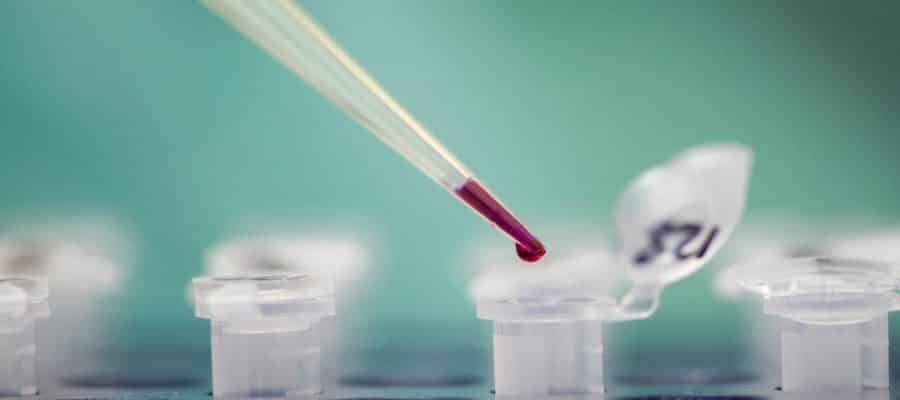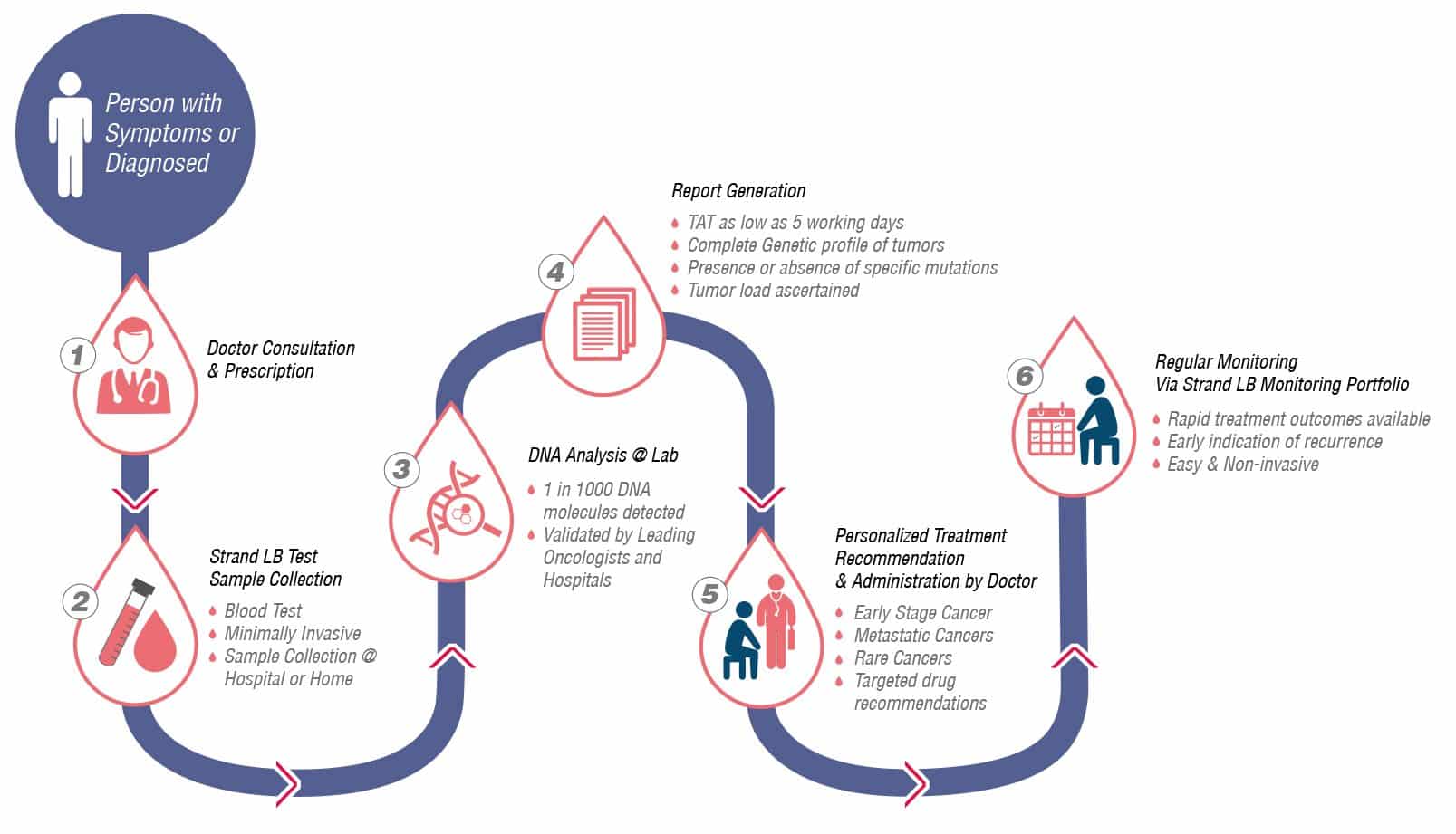Philips Scores €6.3M Grant from EU for 4-year LIMA Project
Horizon 2020 is the biggest EU Research and Innovation programme ever with nearly €80 billion of funding available over 7 years (2014 to 2020) – in addition to the private investment that this money will attract.
The initiative promises more breakthroughs, discoveries and world-firsts by taking great ideas from the lab to the market.
Now, it has awarded a whopping €6.3M grant to a group of companies brought together by Philips. In the 4-year LIMA project, the Dutch healthcare and electronics giant will lead a SME consortium that combines liquid biospy of circulating tumour cells (CTCs) with Magnetic Resonance Imaging (MRI).
The Horizon 2020-funded “Liquid biopsies and IMAging” for improved cancer care (LIMA) project is focussed on increasing the accuracy of genetic and functional characterisation of primary breast cancer and rectal cancer cells, harvested from blood with British Angles’ ParsortixTM system.
The tie-up comes just a couple of months after ANGLE unveiled a co-marketing agreement with molecular testing solutions firm QIAGEN and
is part of the company’s strategy to establish partnerships with a wide range of large companies for the commercialisation of Parsortix.“We are delighted to be working with Philips and the other commercial partners on the development of new liquid biopsy solutions,” said ANGLE chief executive and founder Andrew Newland.
“We look forward to joint commercialisation of these solutions and to working closely with Philips going forward. This is a further demonstration of ANGLE’s strategy to partner with large corporates to deliver widespread adoption of ANGLE’s Parsortix CTC harvesting system.”
LIMA participants will combine Philips MRI know-how with cell-based and DNA-based liquid biopsy techniques to develop an integrated, clinically tested approach for personalised cancer treatment.
According to experts, identification of circulating cancer cells or DNA/RNA expressing tumour biomarkers in a patient’s blood could become a way to minimal-invasively identify minimal residual disease or early signs relapse. On the other hand, MRI gives physicians information about the location of the cancer and functional information about the tumour tissue composition.
Within the Philips-led consortium diffusion weighted MRI and perfusion MRI, which provide imaging biomarkers in oncology, will be further developed for tumour detection and characterisation. Furthermore, properties of MRI contrast at and around the tumor will be analysed to shed light on the tumour grade and biological status. While clinical research studies will be carried out at UMC Utrecht and at French INSERM, a range of SME will contribute latest technologies for liquid biopsy: Agena Bioscience GmbH, DiaDx and Stilla Technologies will provide technologies for analysing circulating tumour-DNA, ALS Automation Lab Solutions GmbH will provide detection and selection methods for single CTC, which were isolated with Angle’s Parsortix platform.
“In collaboration with our partners we will combine a range of liquid biopsy technologies, which give us more detailed molecular information, with advanced MRI techniques, which could enable us to better understand the impact of treatment at an early stage,” said Hans Hofstraat, innovation programme manager at Philips. “This has the potential to improve patient outcomes and potentially represents a significant step forward in delivering personalized cancer treatment.“































